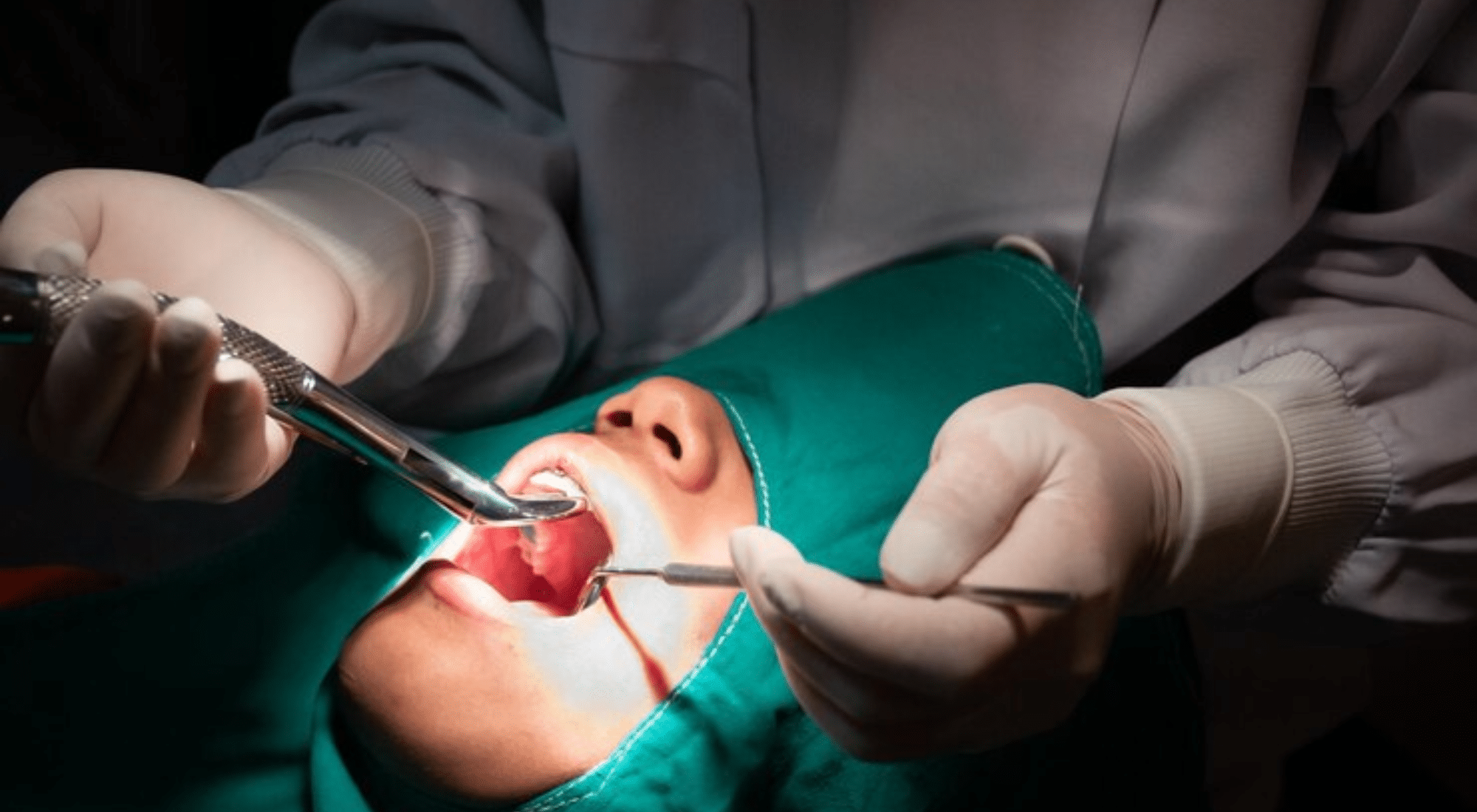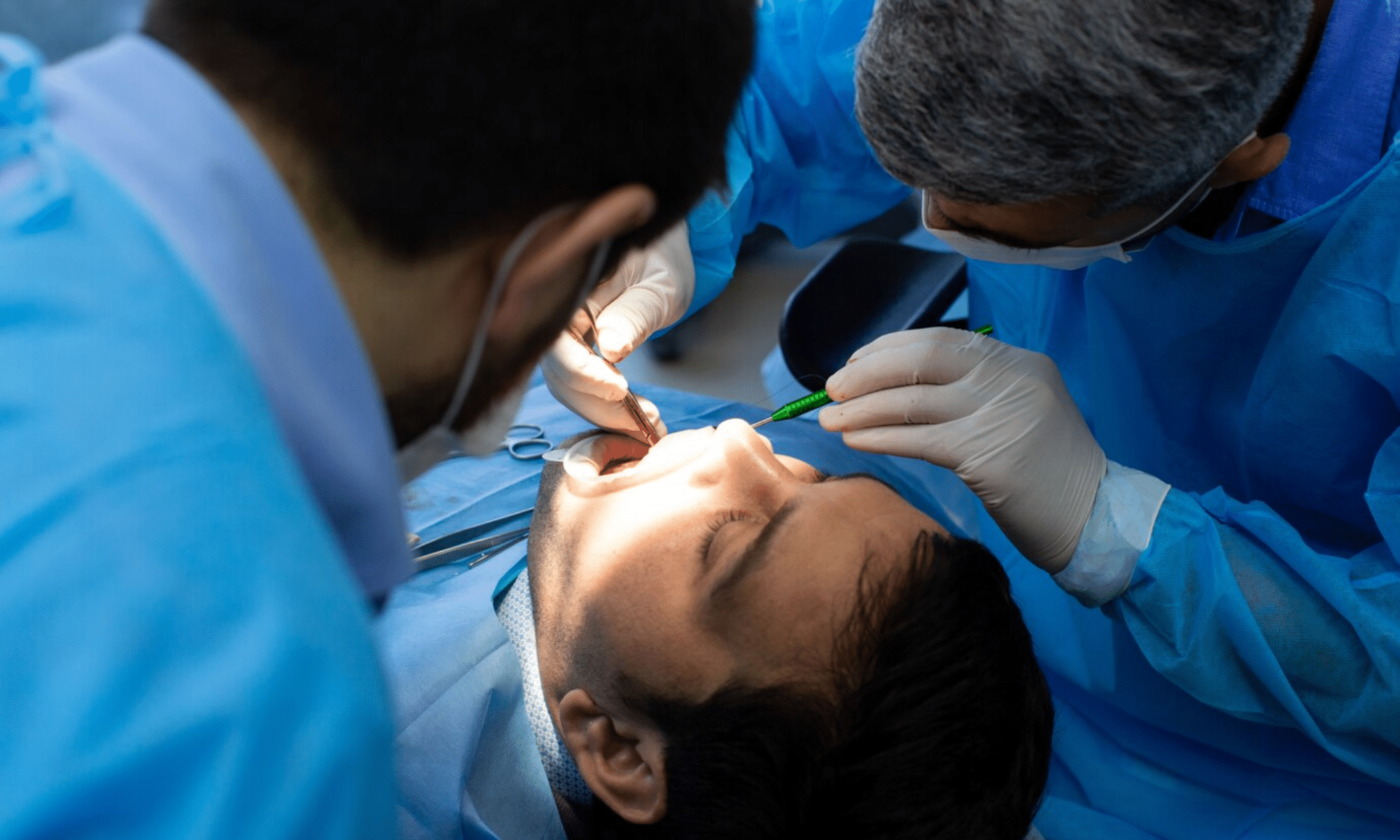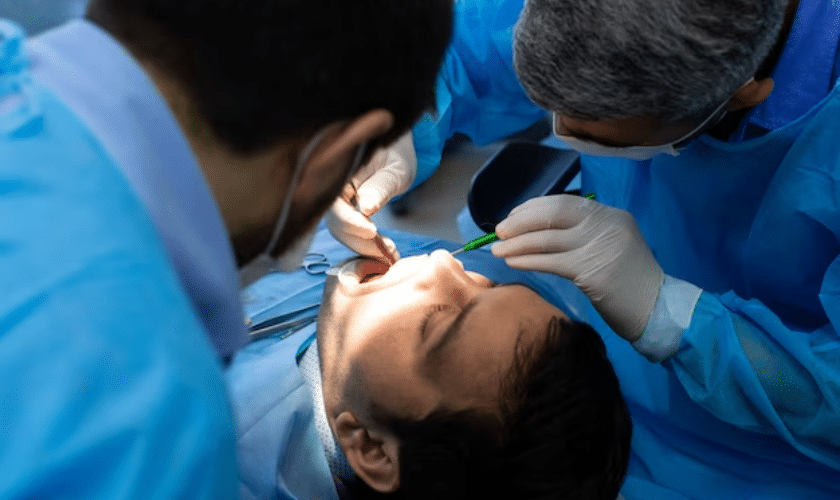
How To Recover After Oral Surgery: The Essential Guide
Oral surgery can be intimidating, but following the proper steps for recovery can help reduce discomfort and ensure a successful outcome. In this article, we’ll discuss the tips and tricks to help you recover quickly and safely from oral surgery. We’ll also look at managing pain, swelling, and other common post-surgical issues. Read on to learn more!
What is Oral Surgery?
Oral surgery is a broad term that covers a wide range of procedures. It can refer to anything from simple tooth extraction to more complex functions like jaw surgery. No matter what type of oral surgery you have, knowing how to care for your mouth afterward correctly is essential to ensure a speedy and successful recovery.
Tooth extractions are one of the most common types of oral surgery. They may be necessary if a tooth is severely decayed or damaged or impacts other teeth. The procedure is straightforward; the dentist will numb your gums and use special tools to remove the tooth. You may experience some soreness and swelling afterward, but this can be controlled with pain medication.
Types of Oral Surgery
There are a few types of oral surgery.
Root canals: A root canal removes infected or damaged tissue inside the tooth. The recovery from a root canal is straightforward, but you may need to take pain medication for a few days.
Crowns and bridges: Crowns and bridges replace missing or damaged teeth. The recovery process for this oral surgery is typically just a matter of taking it easy for a few days and following your dentist’s instructions.
Dental implants: Dental implants are used to replace missing teeth. The recovery process for dental implants can involve more, and you may need to take pain medication for a few days. Additionally, you’ll need to be careful with your implant site while it heals.
Pre and Post-Surgery Care Tips
After your oral surgery, following your surgeon’s instructions for care is essential. This will help ensure a smooth and successful recovery. Here are some tips to follow both before and after your surgery:
Before Surgery:
· Follow any special instructions from your surgeon regarding diet or medications.
· Arrange for someone to drive you home after the procedure.
· Get plenty of rest the night before so you are well-rested for surgery.
After Surgery:
· Rest as much as possible for the first few days after surgery. Avoid physical activity that could cause bleeding or other complications.
· Take pain medication as prescribed by your surgeon to control discomfort. Don’t take over-the-counter pain relievers without first consulting your surgeon.
· Apply ice packs to the outside of your face for 20 minutes to reduce swelling. Do this several times a day for the first few days after surgery. You can also use a frozen gel pack, a bag of frozen peas wrapped in a towel, or even a cold can of soda placed on top of a towel. Just be sure not to put ice directly on the skin. If you have trouble sleeping due to pain or swelling, prop up your head with pillows to sleep semi-upright. This will help relieve some pressure and make breathing easier. You may also want to sleep on your back instead
Diet and Nutrition Tips
1. Drink plenty of fluids: Staying hydrated after oral surgery is important, so drink lots of water or other clear fluids. You can also suck on ice chips or popsicles to help keep your mouth moist.
2. Eat soft foods: Avoid chewy, crunchy, or hard foods that could irritate your surgical site. Stick to soft foods like mashed potatoes, soup, yogurt, pudding, oatmeal, and eggs.
3. Avoid hot foods and drinks: Hot temperatures can lead to pain and swelling in your surgical site, so stick to more fabulous foods and drinks for the first few days after surgery.
4. Don’t use a straw: If you need to drink through a straw, use a gentle sucking motion and stop if you feel any pain or discomfort. Sucking on a straw can dislodge blood clots and cause a dry socket (a painful condition after tooth extraction).
5. Eat nutritious meals. After surgery, your body needs nutrients to help with healing. Make sure to eat plenty of fruits, vegetables, lean protein, and whole grains during your recovery period
When to Contact Your Doctor
After your oral surgery, it is essential to monitor your recovery. Contact your doctor if you experience any of the following:
-Increased pain or swelling after 48 hours
-Nausea or vomiting
-Fever over 101 degrees Fahrenheit
-Difficulty swallowing or breathing
-Signs of infection, such as redness, warmth, or pus
Conclusion
Recovering after oral surgery can be a complex process, but with the proper guidance and care, it doesn’t have to be. Following the tips in this guide can help ensure a smooth and successful recovery from your procedure. Remember to take it easy during your recovery period, stay hydrated, eat nutritious meals, and keep up with any follow-up appointments that may be necessary. With these steps in place, you should have no problem recovering quickly and comfortably after oral surgery.
FAQ
Who needs oral surgery?
If you have any oral problem that affects your health or appearance, or if your dentist recommends some oral surgery, you should consider scheduling an appointment with a doctor specializing in this type of procedure. Some examples include:




